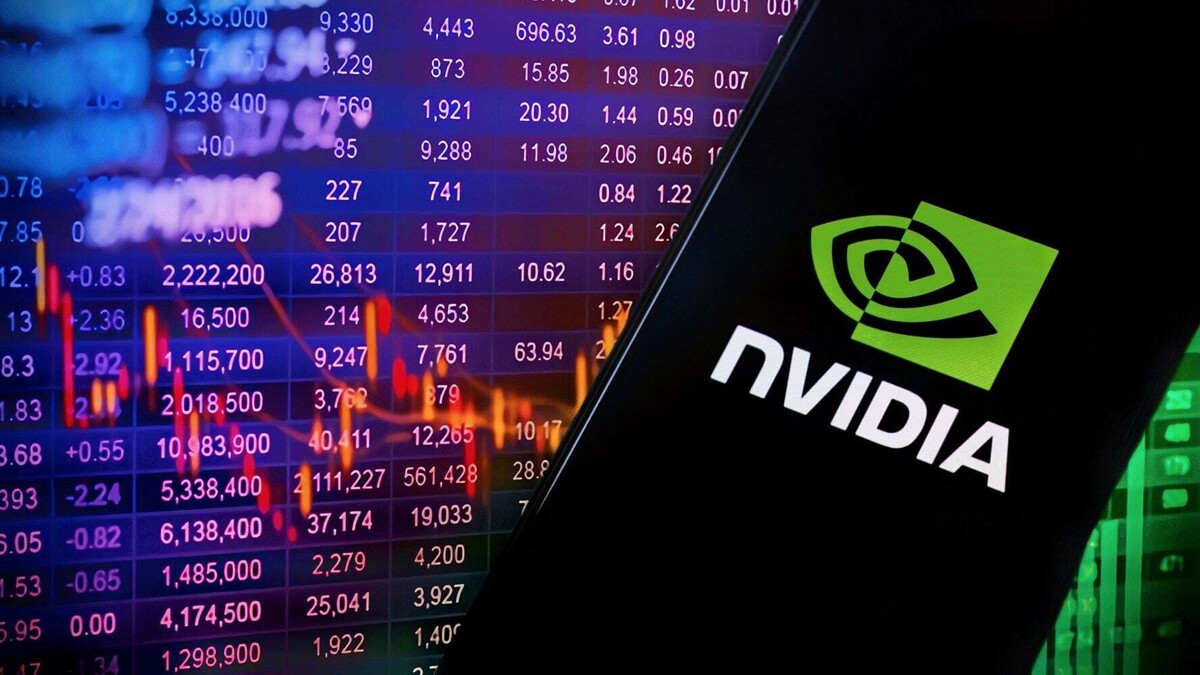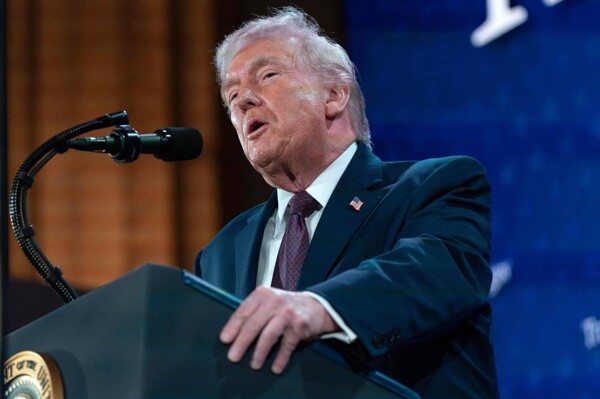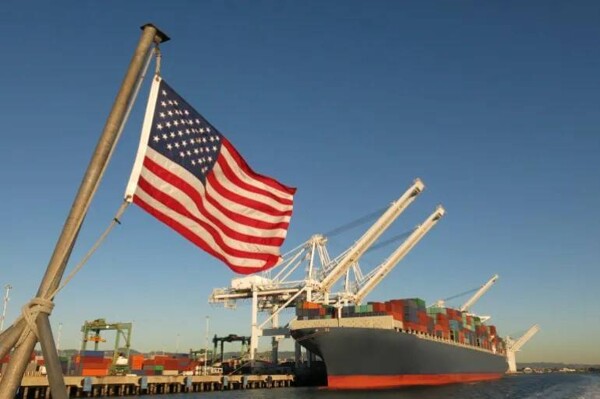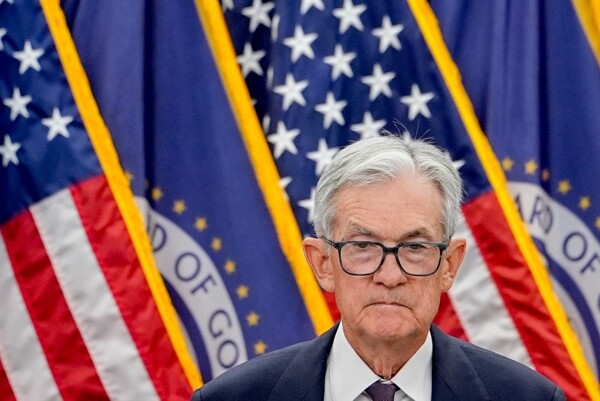
The largest drop in Nvidia's market value, driven by investors' concerns about the Chinese artificial intelligence startup DeepSeek, has caused widespread shock in the market. Nvidia, known for its prominent role in artificial intelligence, experienced a 17 percent decline, heading towards the largest loss of market capitalization for a single stock in market history.
Investor concerns were aggravated after the announcement of the $100 billion joint venture called Stargate, created by OpenAI, SoftBank Group, and Oracle for the development of data centers and AI infrastructure projects in the United States. In an attempt to curb China's advance in artificial intelligence, the United States has banned the export of advanced semiconductor technologies to the country and is also limiting Nvidia's AI chip sales to other nations.
Nvidia's unprecedented decline has had a significant impact on the market, with repercussions extending globally. Fears increased after DeepSeek restricted new user sign-ups to individuals with phone numbers from mainland China, influencing the sustained decline in the company's stock and affecting the rest of the market.
DeepSeek has raised concerns by presenting a low-cost approach to artificial intelligence that challenges the current business model of large American companies. Its latest AI model, deemed competitive with those of OpenAI and Meta, has called into question the dominance of Western technologies in this field. Investors may adopt a more cautious attitude toward rewarding companies that fail to achieve a sufficient return on investment in this sector.
Nvidia, as one of the main players in semiconductor design for AI, has witnessed how companies like DeepSeek offer effective alternatives at a lower price, challenging export restrictions. This scenario raises questions about the future direction of investment in artificial intelligence and creates uncertainty in the technology market.














